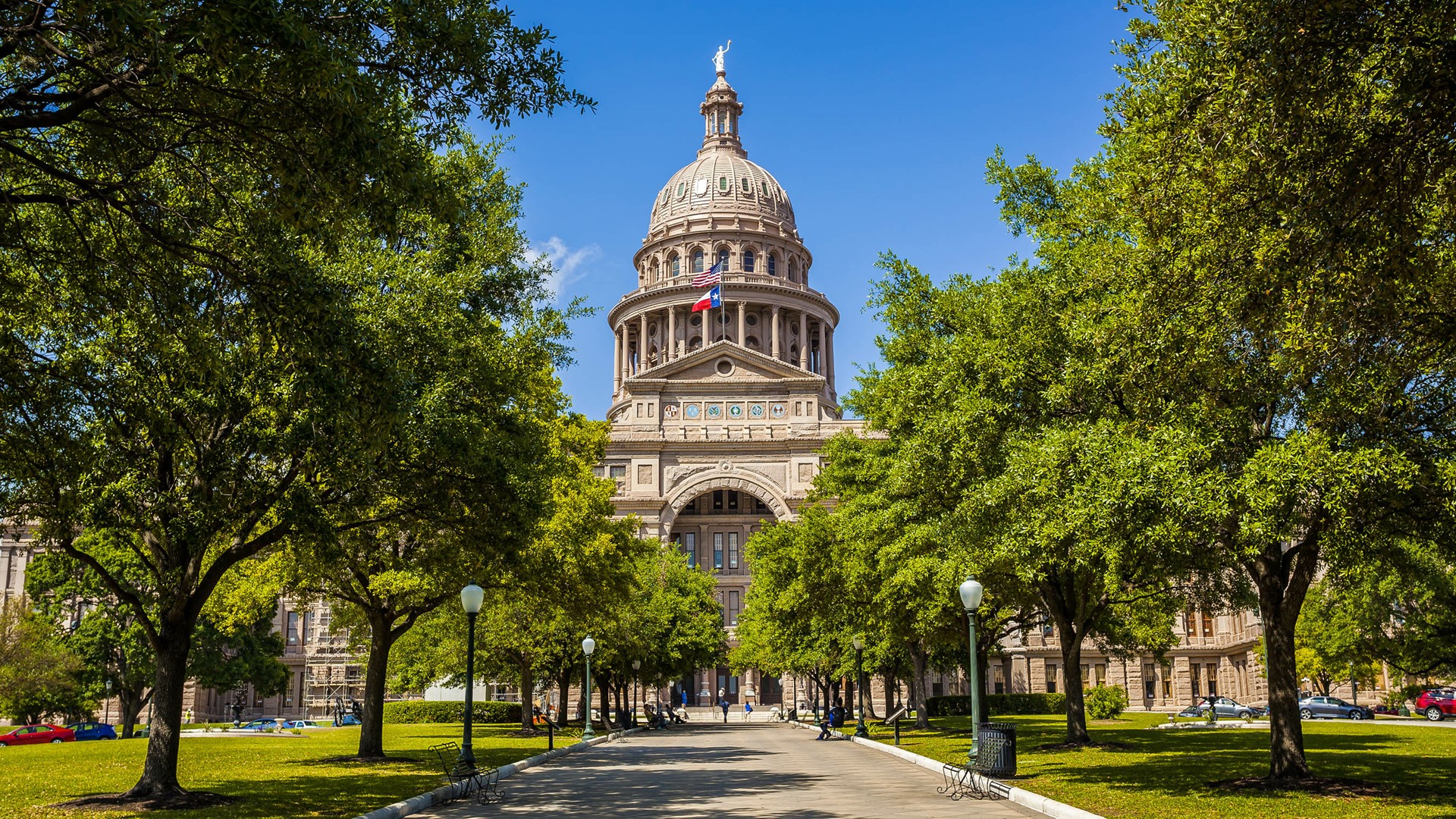AUSTIN, Texas — The final version of Senate Bill 3, which will be sent to the governor, was just posted Monday afternoon on the last day of the legislative session. The bill is the result of hundreds of hours of work by state senators and representatives. Now it will require state agencies to do more work.
Sunday, just before the bill was approved in the house, State Affairs Committee Chair Chris Paddie had just a few minutes to answer questions on one of the priority bills of the session.
"This is our response, this body's response, to the horrific things we saw during Winter Storm Uri. The issues of oversight and accountability, communication failures and addressing the weatherization issue. I think we identified those challenges and came up with some really good solutions to prevent those things from happening again," Paddie said on the House floor.
So what does SB 3 do exactly? Well it does a lot. And while it is credited with requiring "winterization," the bill actually just designates who is responsible for requiring the work be done and following up afterwards.
The Public Utilities Commission will set weather emergency reliability standards for a municipally owned utility, electric cooperative, power generation company, or exempt wholesale generator that sells electric energy at wholesale. The bill states "an independent organization certified under Section 39.151 for the ERCOT power region" will do inspections to make sure companies are complying.
The Railroad Commission was tasked with requiring facility operators in the natural gas supply chain to "implement measures to prepare to operate during a weather emergency." The Railroad Commission has the authority to do inspections for compliance in these cases.
There are also provisions to ensure there is better communication with the public and between state agencies and industry leaders.
The bill would create a power outage alert system with the cooperation of the Texas Department of Transportation, the Texas Division of Emergency Management, the Office of the Governor, and the Public Utility Commission of Texas. The system would let Texans know earlier if there would be a possible power outage in their area.
The bill will also create the Texas Energy Reliability Council to "ensure that the energy and electric industries in this state meet high priority human needs and address critical infrastructure concerns; and enhance coordination and communication in the energy and electric industries in this state."
The council would include the presiding officer of the Public Utility Commission of Texas as well as representatives from the Office of Public Utility Counsel and the Texas Commission on Environmental Quality, as well as industry representatives.
The council must bring recommendations to the legislature on how to "strengthen the electricity supply chain in this state," but not until Nov. 1 of 2022.
In order to make sure critical infrastructure in the natural gas industry is not accidentally turned off as it was in the winter storm, the bill creates the Texas Electricity Supply Chain Security and Mapping Committee. This committee will create a map of Texas's electricity supply chain. It will also establish best practices to "prepare facilities that provide electric service and natural gas service in the electricity supply chain to maintain service in an extreme weather event..."
This committee also includes representatives from the Public Utility Commission, the Railroad Commission, ERCOT, and the Texas Division of Emergency Management.

